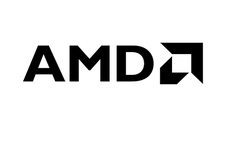Nvidia's service - in beta for two years - will enable gamers to play games they've already bought, from any device, anywhere
Nvidia has launched GeForce Now, a cloud gaming service that will compete head-to-head against Google Stadia and, potentially, a cloud gaming service from Amazon. The Founders Edition will cost ...
To continue reading this article...
Join Computing
- Unlimited access to real-time news, analysis and opinion from the technology industry
- Receive important and breaking news in our daily newsletter
- Be the first to hear about our events and awards programmes
- Join live member only interviews with IT leaders at the ‘IT Lounge’; your chance to ask your burning tech questions and have them answered
- Access to the Computing Delta hub providing market intelligence and research
- Receive our members-only newsletter with exclusive opinion pieces from senior IT Leaders




















